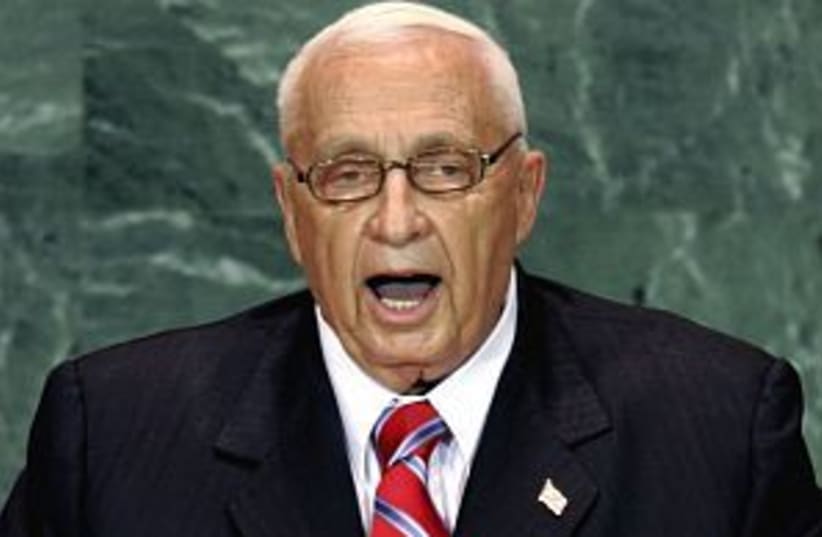| More about: | Benjamin Netanyahu, Ehud Olmert, Amir Peretz, Israel |
The big bang
Sharon is shaking the Knesset in a way that will affect the political scene long after he's gone.


| More about: | Benjamin Netanyahu, Ehud Olmert, Amir Peretz, Israel |